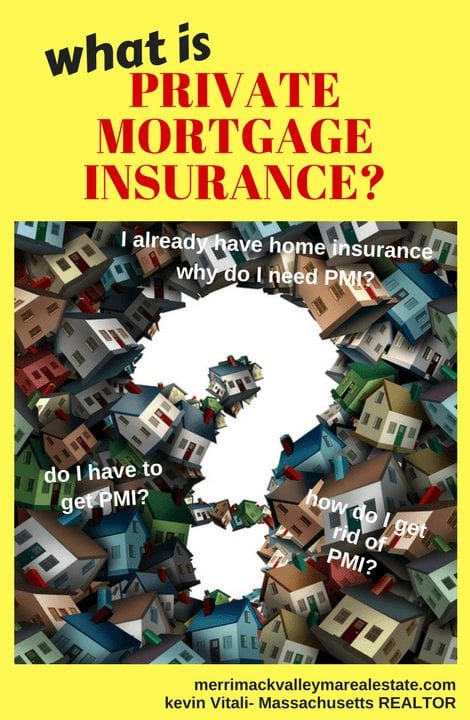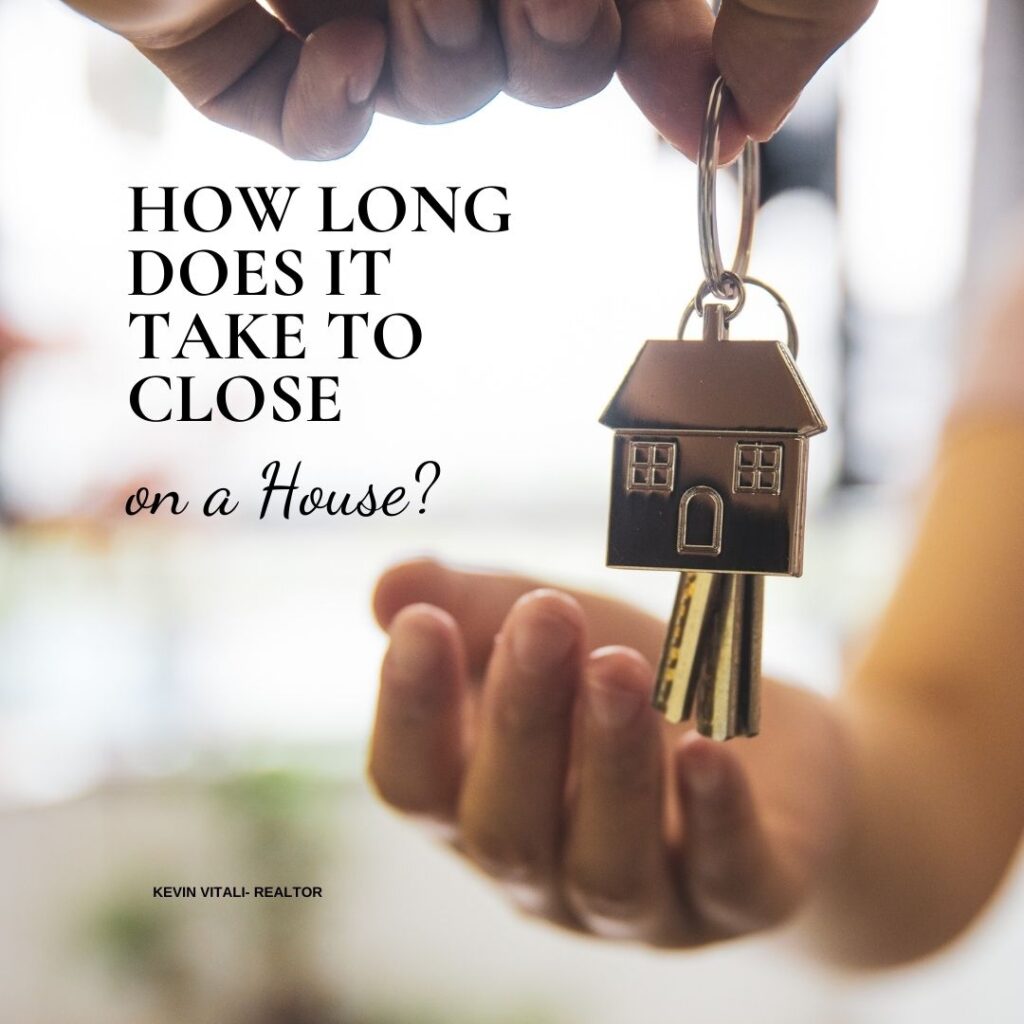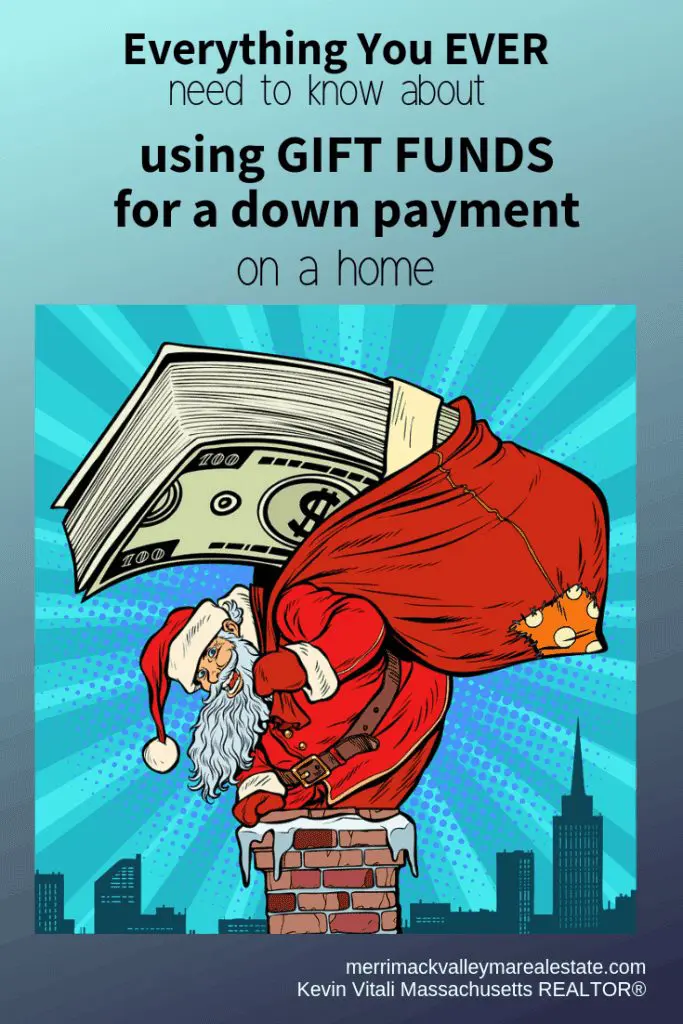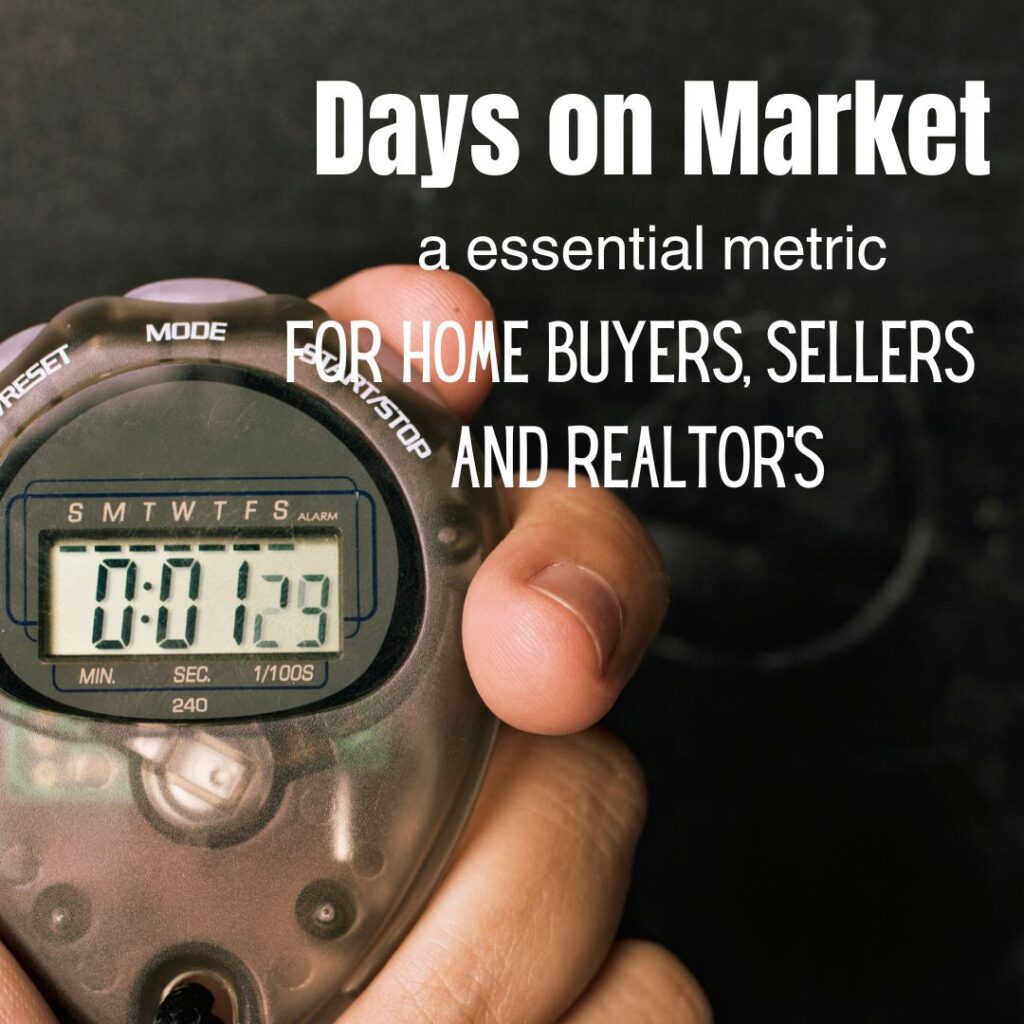Purchasing a home is a significant milestone for many individuals and families. However, the challenge of saving up for a substantial down payment often stands in the way of homeownership dreams. To address this hurdle, private mortgage insurance or PMI steps in as a valuable tool. This article will cover what is private mortgage insurance and everything you need to know about it.
PMI is an expense that many homebuyers overlook when calculating their monthly mortgage payment. This includes many first-time home buyers without any idea that PMI is required for their home loan where their down payment is less than 20%.
Talking to a mortgage broker and working on your pre-approval before looking at homes is essential to have a realistic idea of what your monthly mortgage payment including your monthly PMI payment.
A monthly home loan payment will typically include principal, interest, taxes, insurance and PMI if required for your loan program.
PMI comes into play when you are looking at low-money down home mortgages.

What is Private Mortgage Insurance or PMI?
PMI or Private Mortgage Insurance is insurance secured by your mortgage company when you are getting a conventional mortgage and putting less than 20% as a down payment. The lender passes on the cost of the policy to the borrower in a number of ways but typically it is a line item on your monthly mortgage statement.
The PMI policy insures the bank in case the homeowner defaults on their mortgage.
Who Benefits From PMI?
On the surface, it only looks as if your lender is the only one who benefits from private mortgage insurance. It protects the bank from losses if you stop making mortgage payments.
While it does not protect you against the lender foreclosing on your home, it allows a bank to lend to low-money-down borrowers when they otherwise would not.
Without Private Mortgage Insurance, lenders would not fund home loans to home buyers putting down less than 20%. PMI mitigates the risk of low-money down mortgage. First-time homebuyers seeking low money down mortgage programs would not have options to put as little as 3% down for a home without PMI.
Ultimately both the bank and the borrower benefit from private mortgage insurance.
Benefits of Private Mortgage Insurance for Homeowners
1. Increased Accessibility for Homebuyers
One of the primary advantages of PMI is its ability to increase accessibility to homeownership. By reducing the required down payment, it expands the pool of eligible buyers and allows individuals to enter the housing market sooner. This is particularly beneficial for first-time homebuyers or those who may be struggling to save for a substantial down payment and closing costs.
2. Faster Path to Homeownership
With PMI, homebuyers can take advantage of the opportunity to purchase a home without waiting until they have saved a significant down payment. This expedites the process and accelerates the realization of homeownership goals.
Instead of spending years saving, potential buyers can enter the market sooner and start building equity in their homes. The insurance is instrumental in getting first time home buyers into homes that they own.
3. Flexible Financial Planning
Private mortgage insurance provides homebuyers with greater flexibility in their financial planning. Instead of allocating a large sum of money towards a down payment, they can retain some savings for emergencies or invest in home improvements.
This flexibility allows homeowners to adapt to unexpected circumstances and maximize their financial resources.
4. Competitive Interest Rates
PMI often enables home buyers to secure loans at competitive interest rates. PMI enhances the borrower’s creditworthiness by reducing the lender’s risk, making them eligible for more favorable loan terms.
This can result in lower monthly mortgage payments and long-term savings.
5. Homebuying Sooner with Smaller Down Payments
For some individuals, saving a substantial down payment can be daunting and may delay their homeownership plans. PMI allows homebuyers to enter the market sooner by accepting smaller down payments. This allows individuals to start building equity and enjoying the benefits of homeownership earlier.
How Does Private Mortgage Insurance Work?
Once you decide to get a home mortgage, the bank will determine whether you need Private Mortgage Insurance.
Your lender will reach out to a PMI insurer. They will decide how much and if there is an upfront fee and monthly or monthly premiums.
Your loan estimate, which should be delivered within three days of applying for a loan and will include monthly PMI payment details.
After closing your PMI payment is rolled into your monthly mortgage payment.
How Much Is PMI or Private Mortgage Insurance?
Private Mortgage Insurance premiums run between .3% and 1.5% of the purchase amount yearly.
Premiums vary based on how much you put down as a down payment, specifically your loan-to-value ratio and your credit score. Homebuyers with bad credit will pay more of a premium than homebuyers with good credit.
On a $400,000 mortgage that requires Private Mortgage Insurance, expect to pay $1200 to $7440 a year towards your premiums. That translates into $100 to $620 a month in PMI premiums.
There are so many variable in calculating your monthly insurance payment and it is important to get pre-approved early so you understand all the costs invloved in buying a home.
FHA Backed Loans and Private Mortgage Insurance
FHA loans are slightly different when it comes to Private Mortgage Insurance. It is called Mutual Mortgage Insurance, but it is essentially the same thing.
The difference is FHA loan is a combination of an upfront fee at closing and monthly premium payments. The other point about FHA and PMI is and FHA-backed loan keeps the insurance premium over the entire life of the loan and it cannot be removed compared to other loan products.
Do I Have to Get Private Mortgage Insurance?
The quick answer is yes, you will need PMI. If your down payment is less than 20% your lender will require you to pay PMI.
You won’t really have many options to avoid it, though there are a few self insured loan programs. But instead of charging a monthly fee you will pay a hire interest rate on your home loan. Typically it will be in the range of 3/8 of a point to 1 point higher.
How to Avoid Paying Private Mortgage Insurance
Private Mortgage Insurance is a necessary evil but if you are trying to avoid monthly premiums consider:
- A larger down payment of 20% or more and you avoid paying the monthly PMI premium.
- Find a loan program that does not have a Private Mortgage Insurance requirement. They do exist, but be aware they are what is called self-insured. They usually charge a higher interest rate to cover the equivalent of PMI. Do not assume just because there is no PMI payment that a particular loan product is cheaper. Do the math.
- Get a VA Loan. VA Loans carry no PMI but are for a limited group of buyers…. Veterans of the Armed Forces and family members.
- A Piggy Back Loan. Not very common anymore but a second loan for the balance of your down payment and the 20% would avoid a PMI payment. A 80/15/5 was a common product 12 years ago. The first mortgage was 80% of the purchase price, the second mortgage was 15%, and the buyer provided 5%. Due to the last real estate downturn, the piggyback loan is generally no longer available. As the real estate market strengthens, we may see a rise in piggyback mortgages again, thus allowing borrowers to eliminate PMI payments.
Removing Private Mortgage Insurance (PMI)
While private mortgage insurance provides valuable benefits, many homeowners aim to remove it as soon as possible. Here are six common methods to eliminate PMI from your mortgage:
Six Ways to Eliminate PMI:
1. Reaching 20% Equity
The most straightforward way to remove PMI is by reaching 22% equity in your home. As your home’s value appreciates and you make regular mortgage payments, your equity stake increases. Once your equity reaches the 22% threshold, you can contact your lender to request the removal of PMI.
It may be required that you provide an appraisal supporting the new value.
2. Refinancing Your Mortgage
Refinancing your mortgage can be an effective strategy to eliminate PMI. If your home’s value has increased significantly since you purchased it, refinancing can help you secure a new loan with a lower LTV ratio.
By refinancing, you may be able to reach the 20% equity mark and remove the need for PMI.
3. Making Extra Mortgage Payments
Another way to accelerate the removal of PMI is by making extra payments towards your mortgage principal.
By paying down your mortgage faster, you can reach 20% equity more quickly. Be sure to check with your lender regarding any specific requirements or restrictions on extra payments.
4. Home Improvements
Investing in home improvements can increase your property’s value, allowing you to reach 22% equity sooner. Consider renovations or upgrades that have a positive impact on your home’s appraisal value. Before undertaking any major projects, it’s advisable to consult with a real estate professional to ensure the potential increase in value justifies the investment.
5. Automatic Termination
In certain cases, lenders are required by law to automatically terminate PMI when your mortgage reaches a specific point in its term. This provision, known as automatic termination, applies to mortgages originated after July 29, 1999, and is contingent on meeting specific criteria. Review your loan agreement and consult with your lender to determine if you qualify for automatic PMI termination.
6. Requesting PMI Cancellation
Even if you haven’t reached 22% equity, you can proactively request PMI cancellation once your equity reaches 78% of the home’s original appraised value. Contact your lender to inquire about their specific requirements for PMI cancellation and initiate the process.

Frequently Asked Questions
What is private mortgage insurance (PMI)?
Who pays for Private Mortgage Insurance?
How long do I need to pay for PMI?
Can PMI be tax-deductible?
Can I avoid PMI altogether?
Can PMI be canceled?
Final Thoughts On Private Mortgage Insurance
If you are putting less than 20% down on your home purchase, you will be paying Private Mortgage Insurance.
While your monthly PMI premiumes can be a tough pill to swallow at first, remember Private Mortgage Insurance allows borrowers to put a low down payment on a home. It makes homeownership more obtainable for many who can’t get together a 20% down payment.
At the end of the day, PMI allows you to buy a home with very little money down. Without it, you would have to save 20% which is a very hard thing to do.
Need help getting pre-approved? Give me a call and I will set you up with the right lender- 978-360-0422
Other Real Estate Resources:
- Low Money Down Options for Home Buyers are a real option. Bill Gassett covers some of the best options with down payments as low as 3%.
- Buying a home is a big financial step. Kyle Hiscock covers the Hidden Costs of Buying a Home.
- Buing a home is a process that most people may only go through once or twice in a lifetime. Luke Skar explains The Home Buying Process Explained

Author Bio
Kevin Vitali is a Massachusetts REALTOR out of Haverhill MA that serves Essex County and Northern Middlesex County in Massachusetts. If you want to buy or sell a home, let me use my years of experience to get you the best possible outcome.
Feel free to contact me to discuss any upcoming moves. I am always happy to answer your questions
Call 978-360-0422 Email kevin@kevinvitali.com




